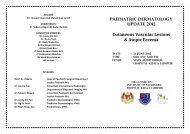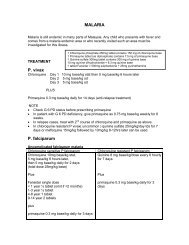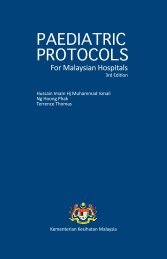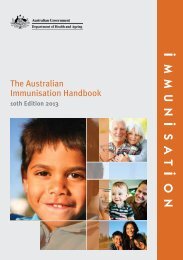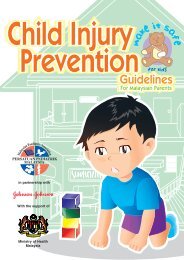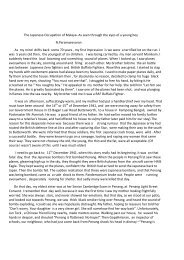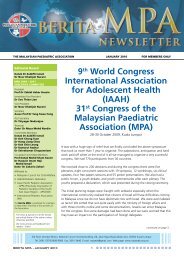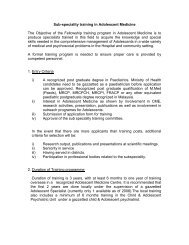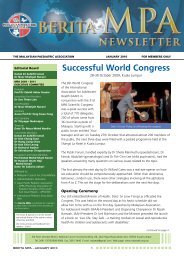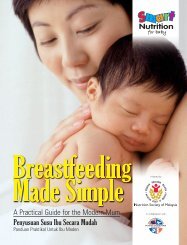Contents Chapter Topic Page Neonatology Respiratory Cardiology
Contents Chapter Topic Page Neonatology Respiratory Cardiology
Contents Chapter Topic Page Neonatology Respiratory Cardiology
You also want an ePaper? Increase the reach of your titles
YUMPU automatically turns print PDFs into web optimized ePapers that Google loves.
Total Parenteral Nutrition for Neonates<br />
1. Introduction<br />
Total parenteral nutrition (TPN) is the intravenous infusion of all nutrients<br />
necessary for metabolic requirements and growth<br />
The earlier introduction and more aggressive advancement of TPN was shown to<br />
be safe and effective, even in the smallest and most immature infants.<br />
Premature infants tolerate TPN from day 1 of post-natal life.<br />
The goal of TPN is to :<br />
provide sufficient nutrients to prevent negative energy and nitrogen balance and<br />
essential fatty acid deficiency<br />
support normal rates growth without increased significant morbidity.<br />
Indication for TPN:<br />
gastrointestinal tract abnormalities(omphalocele, gastroschisis, Tracheoesophageal<br />
fistula, malrotation with volvulus, etc).<br />
necrotizing enterocolitis (NEC),<br />
respiratory distress syndrome / BPD patients who are unable to tolerate feedings<br />
extreme prematurity,<br />
sepsis,<br />
malabsorption.<br />
2. Components of TPN<br />
The essential components of parenteral nutrition are:<br />
fluids;<br />
carbohydrate;<br />
electrolytes;<br />
protein;<br />
lipids;<br />
vitamins; and<br />
trace minerals.<br />
When a baby is on parenteral nutrition, our ultimate goal is to provide at least 100-110<br />
cal/kg/day. This will be achieved if we can deliver (for example) 150 cc/kg/day of 12.5%<br />
dextrose, 2.5 g/kg/day of synthetic amino acids, and 3.0 g/kg/day of intravenous lipids.<br />
2.1 Fluid<br />
Fluid is an essential component of parenteral nutrition.<br />
Fluids are usually started at 80-100 ml/kg/day (if newborn), or at whatever<br />
stable fluid intake the baby is already receiving.<br />
Volumes are increased over the first 7 days in line with the fluids and<br />
electrolytes protocol with the aim to deliver 150 ml/kg/day by day 7.<br />
2.2 Amino acids<br />
Amino acids prevents catabolism<br />
Prompt introduction of amino-acids via TPN achieves an early positive nitrogen<br />
balance for the infant



